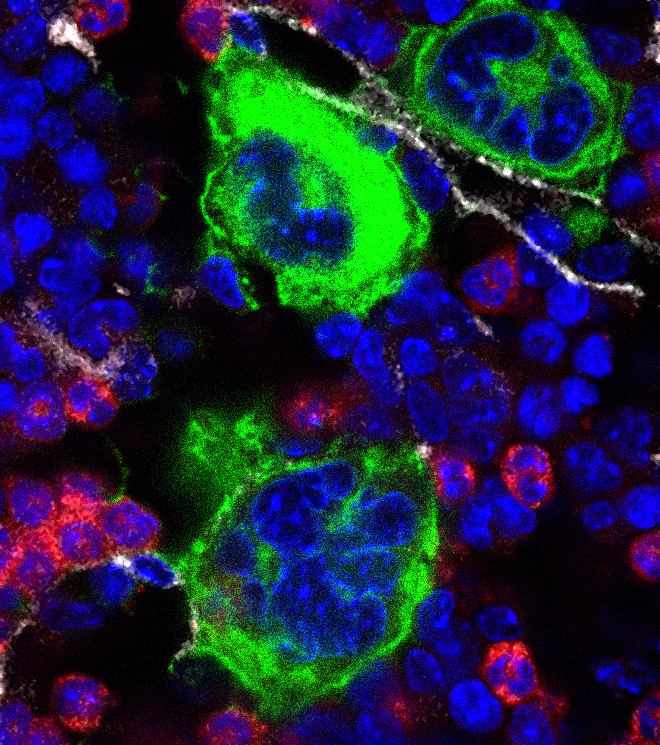New Class of Type 2 Diabetes Drug Associated with Rare, Life-threatening Outcome

Latest Clinical & Research News


How does a healthy joint become inflamed? This question has engaged laboratories worldwide for decades, yet surprises continue. A particularly unexpected development emerged recently from the laboratory of Brigham and Women’s Hospital (BWH) rheumatologist Peter Nigrovic, MD, (www.nigroviclab.org) which implicated a lineage that until now has been of interest primarily to hematologists: the megakaryocyte. Read More
Systemic lupus erythematosus (SLE) is a heterogeneous systemic autoimmune disease with a host of manifestations and a range of severity. Two major rheumatology associations have developed and validated SLE classification criteria in the past: the American College of Rheumatology (ACR) in 1982 with an update in 1997, and the Systemic Lupus International Collaborating Clinics (SLICC) in 2012.

It was another banner year for rheumatologists at Brigham and Women’s Hospital (BWH). At its annual meeting in November, the American College of Rheumatology honored three members of the Division of Rheumatology with major awards including the ACR’s highest award, the Presidential Gold Medal. Read More
A recent BWH study found no significant difference in the risk of serious infections between two commonly prescribed immunosuppressive regimens for the treatment of SLE.


Lack of exercise or physical activity is estimated to cause as many deaths each year as smoking. Current guidelines recommend at least 150 minutes a week of moderate intensity physical activity, or 75 minutes a week of vigorous-intensity aerobic physical activity (or a combination of the two), and muscle-strengthening exercises two or more days a week. Read More
 A new study led by researchers at Brigham and Women’s Hospital (BWH) has found that a single measurement of plasma glycated CD59 (GCD59), a novel biomarker for diabetes, at weeks 24-28 of gestation identified, with high sensitivity and specificity, women who failed the glucose challenge test as well as women with gestational diabetes. Plasma levels of GCD59 were also associated with the probability of delivering a large-for-gestational-age newborn. These findings were published in Diabetes Care. Read More
A new study led by researchers at Brigham and Women’s Hospital (BWH) has found that a single measurement of plasma glycated CD59 (GCD59), a novel biomarker for diabetes, at weeks 24-28 of gestation identified, with high sensitivity and specificity, women who failed the glucose challenge test as well as women with gestational diabetes. Plasma levels of GCD59 were also associated with the probability of delivering a large-for-gestational-age newborn. These findings were published in Diabetes Care. Read More

Although delaying insulin therapy leads to worsening of diabetes, new research by Brigham and Women’s Hospital (BWH) has found that 30 percent of patients with type 2 diabetes don’t begin insulin, a medication used to lower the body’s blood sugar levels, when it’s initially recommended, with the average start time being two years later. These findings were published today in the journal, Diabetic Medicine. Read More
 Researchers have been able to generate induced pluripotent stem cells from patients with Hutchinson-Gilford progeria syndrome (HGPS) to better understand the mechanisms of aging and look for new treatments. Read More
Researchers have been able to generate induced pluripotent stem cells from patients with Hutchinson-Gilford progeria syndrome (HGPS) to better understand the mechanisms of aging and look for new treatments. Read More
Cardiac surgeons at Brigham and Women’s Hospital performed an innovative endovascular procedure to treat a ruptured ascending aortic pseudoaneurysm. Read More